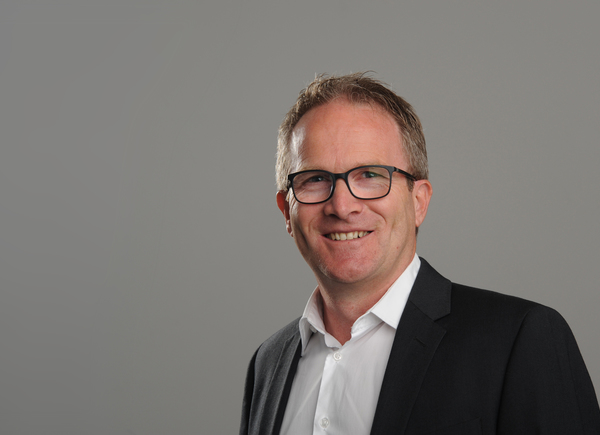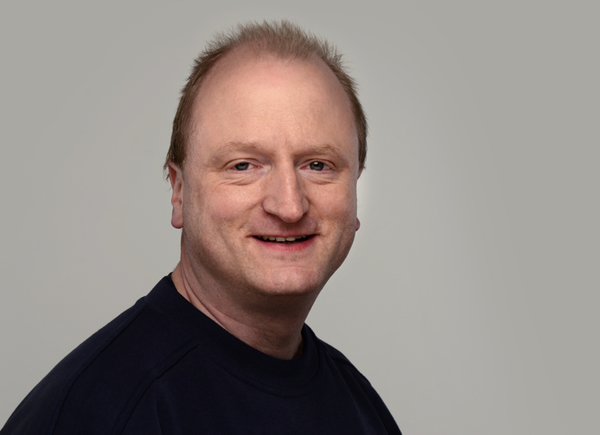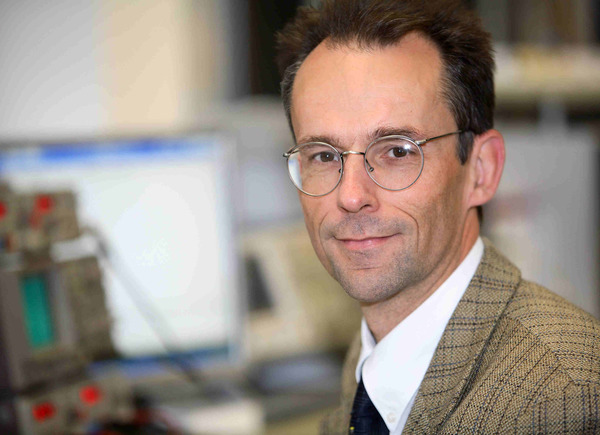As a result of interdisciplinary cooperation between the departments of engineering (mechanical engineering and electrical engineering) and informatics (digital media and games), the prototype of a memory game called weMINTo was created. Students and lecturers participate equally in this exciting teamwork process.
All components of the game are developed and manufactured using the university's existing laboratory equipment.
The starting point for the interdisciplinary cooperation was the vision to design an interesting and characteristic object for the Trier University of Applied Sciences, which can serve as an individual communication medium between the university and the public (e.g. at taster and holiday workshops or at fairs and municipal events).
Soon the idea was born to create a small mobile game that particularly reflects the scientific and technical focus of the Trier University of Applied Sciences. In short, the STEM (in german called "MINT") subjects should be brought into the focus of public attention in an attractive way.
The informatics department supplied the game software, the rules of which determine the later course of the game. The electrical engineering department then implemented the programmed game idea into a functional, electronic component. All electronic components are located on one circuit board. This was developed, tested and manufactured on an industrial production machine using professional software. In the field of digital product development and manufacturing the outer appearance of the game console weMINTo was created in the mechanical engineering department. The housing represents the link between the electrical engineering and the hand of the player. As a consistent continuation of this practical, illustrative development process, a follow-up project in the field of mechanical engineering created an infrastructure for the cost-effective production of housing variations from batch size 1 in 3D printing and through the development and production of toolmaking to the production-ready product in plastic injection molding.
Both in current student projects and in the context of school workshops, new innovative design variations of the housing are constantly being created.
| Duration | since August 2013 |
| Funded by | Nikolaus Koch Foundation Trier, Ministry of Science and Health Rhineland-Palatinate |
| Funding amount | € 15,000 |




![[Translate to Englisch:] Nikolaus Koch Stiftung Trier Logo](/fileadmin/_processed_/0/6/csm_Nikolaus-Koch-Logo_0734b8d1e3.png)
You are leaving the official website of Trier University of Applied Sciences